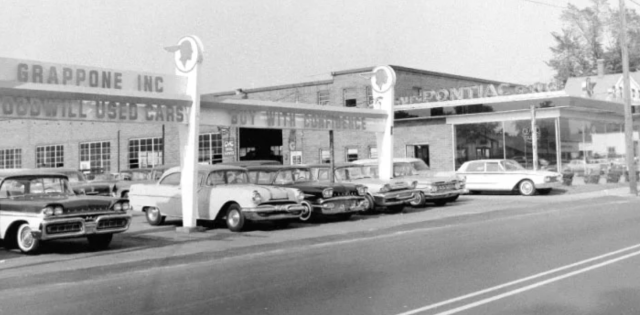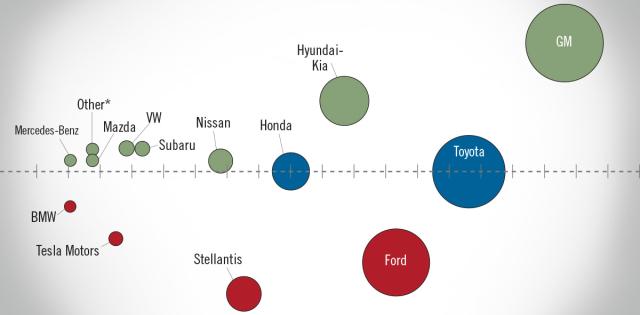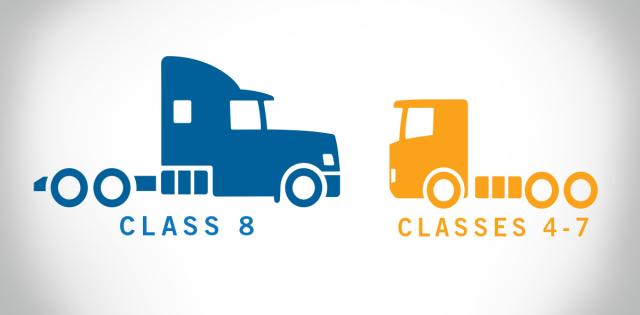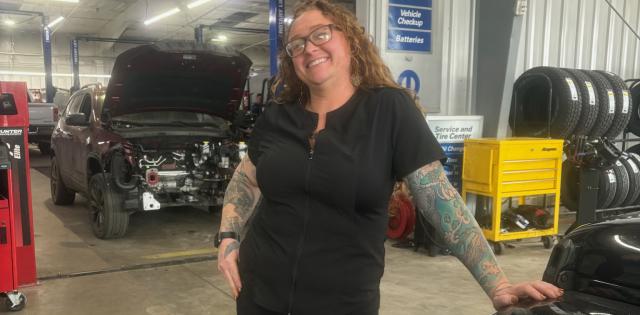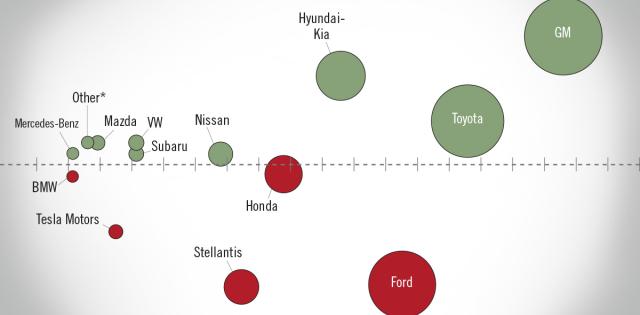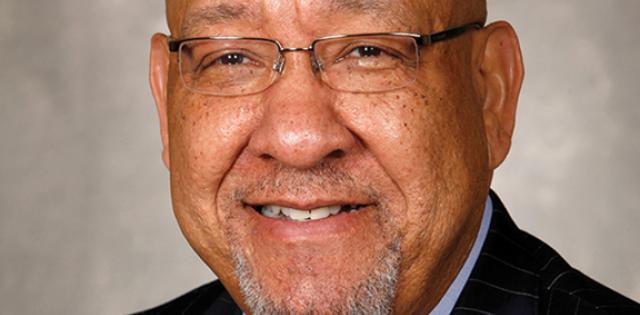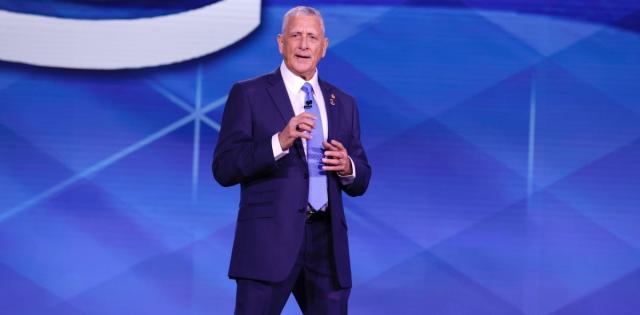The article below is sourced from Bloomberg Wire Service. The views and opinions expressed in this story are those of the Bloomberg Wire Service and do not necessarily reflect the official policy or position of NADA.
Ford Motor Co. is just two years away from offering technology that will allow drivers to take their eyes off the road and their hands off the wheel, according to Chief Executive Officer Jim Farley.
“We’re getting really close,” Farley said in a May 31 interview with Bloomberg TV’s David Westin. “We can do it now pretty regularly with a prototype, but doing it in a cost-effective way is just the progress we’re going to need to make.”
Farley believes Ford can make that progress quickly enough to be offering the feature in 2026, which could make it the first mass market car brand to offer what auto engineers call Level 3 autonomy. That’s where the car takes over the driving task under certain conditions, enabling the driver to divert their attention to other tasks.
“Level 3 autonomy will allow you to go hands and eyes off the road on the highway in a couple years so then your car becomes like an office,” Farley said. “You could do a conference call and all sorts of stuff.”
Ford and other automakers, including General Motors Co., currently offer hands-free driving features, but those use eye tracking devices to make sure the driver remains focused on the road ahead. Ford’s system, called BlueCruise, is currently under investigation by US safety regulators after being involved in fatal crashes. Tesla Inc. and others are also being probed by federal authorities for crashes involving their semi-autonomous systems.
Farley’s prediction comes less than two years after Ford shut down its autonomous affiliate, Argo AI, because it said achieving full self-driving was too far off.
Mercedes-Benz late last year began offering an eyes-off-the-road feature in the US, but it only operates at speeds below 40 miles per hour on pre-approved freeways.
Farley suggested Ford’s system would operate at speeds of up to 80 miles per hour on the highway, but only under clear skies.
“We only think we can do it on sunny days,” Farley said. “Heavy rain and stuff makes it difficult to do it at 80 miles an hour.”
Ford is eager to generate recurring revenue by offering its drivers subscription services to features such as BlueCruise. Farley sees those high-margin software services smoothing out the boom-and-bust cycles in the car business.
Ford already is selling software systems to its commercial customers to manage the logistics of their fleets. Farley sees semi-autonomous features like eyes-off-the-road driving as a way to get indivdiual retail customers to buy software subscriptions.
“BlueCruise has been so much more popular than we expected, which is hands free,” Farley said. “It’s kind of the step before you get to eyes off.”
For more stories like this, bookmark www.NADAheadlines.org as a favorite in the browser of your choice and subscribe to our newsletter here:

